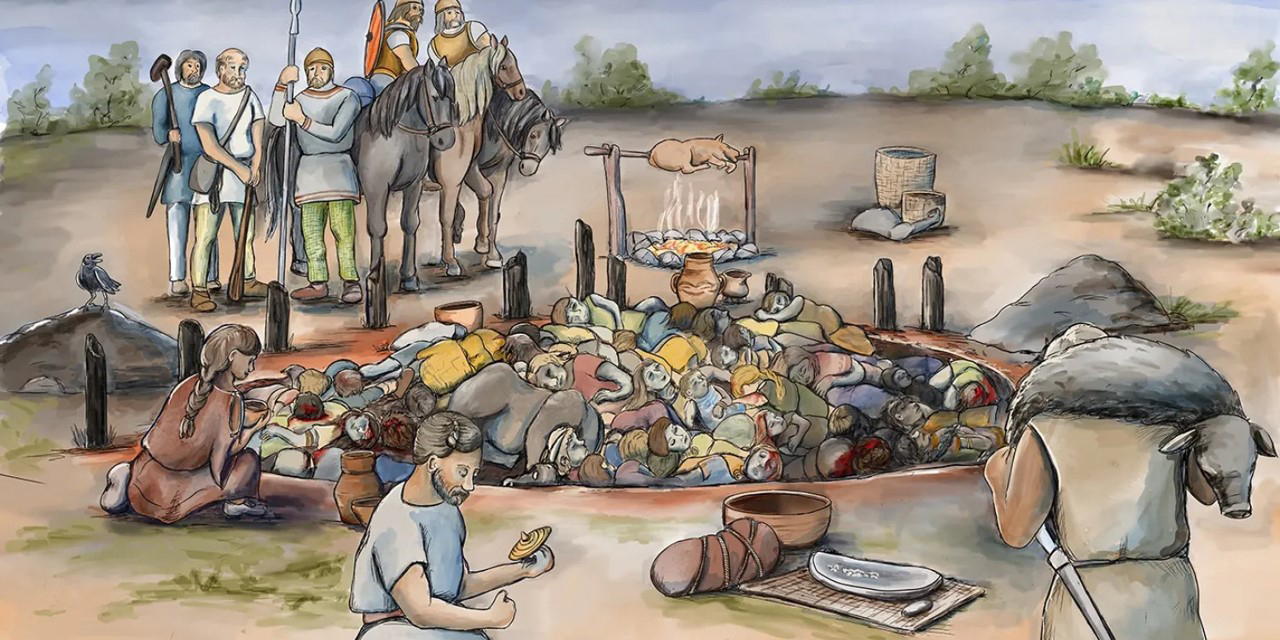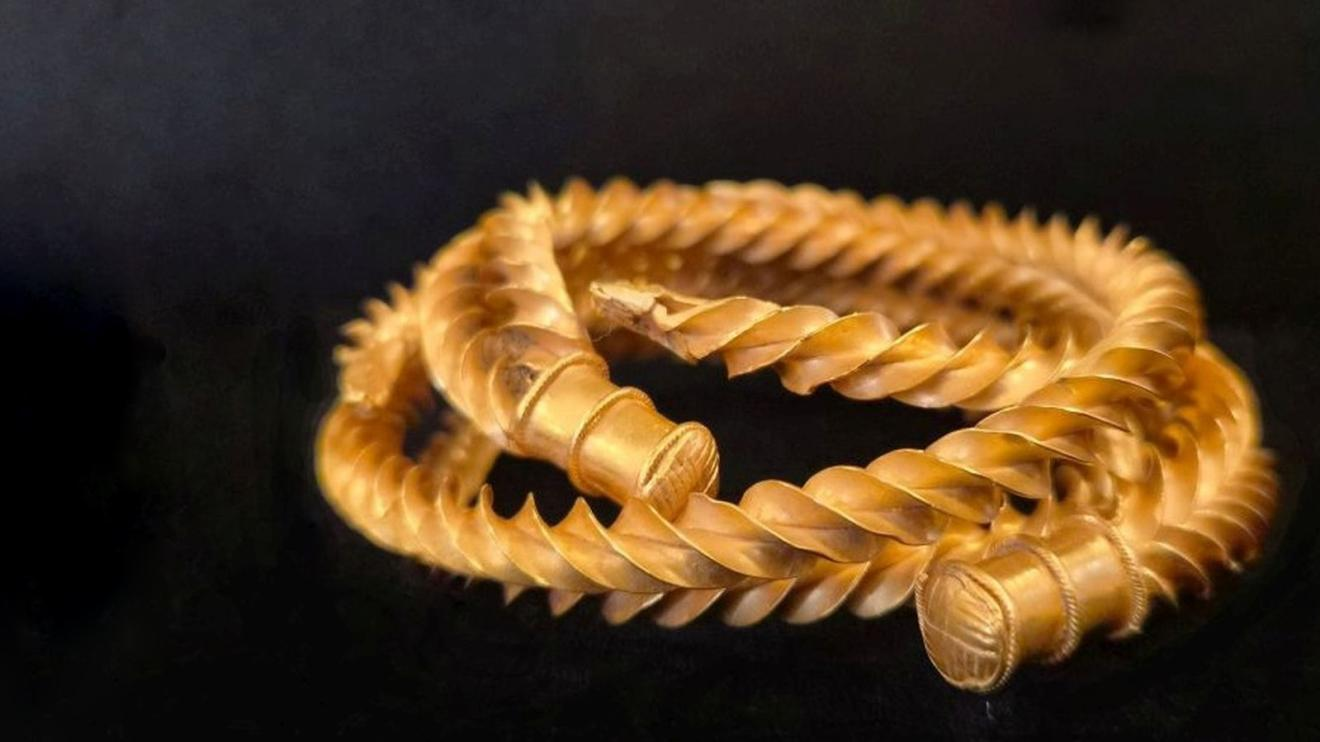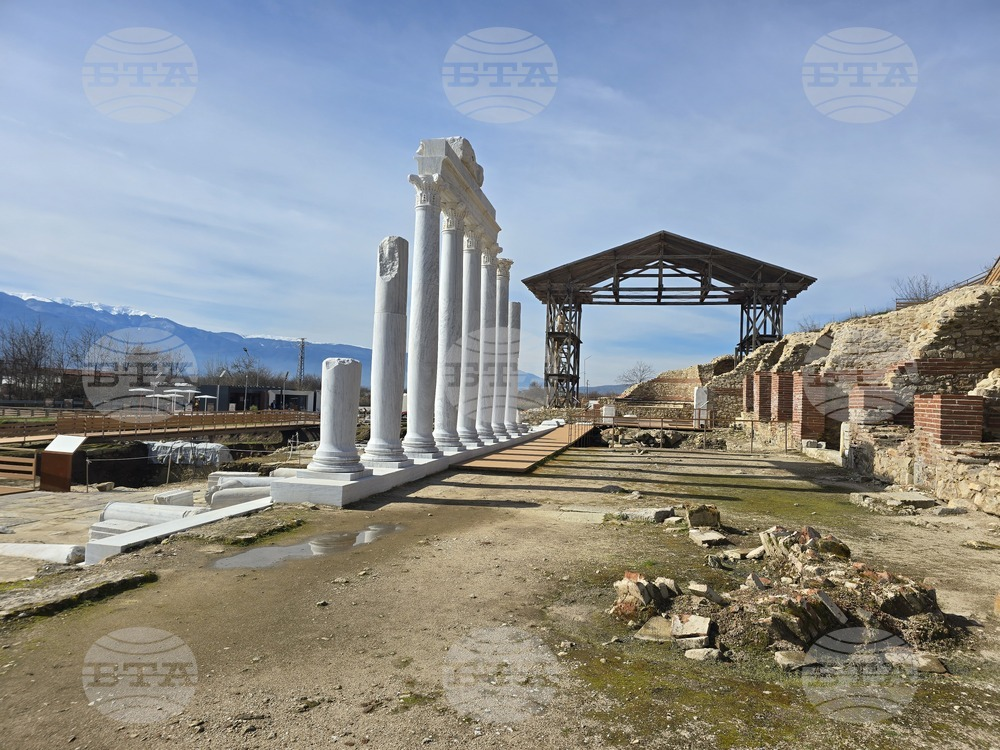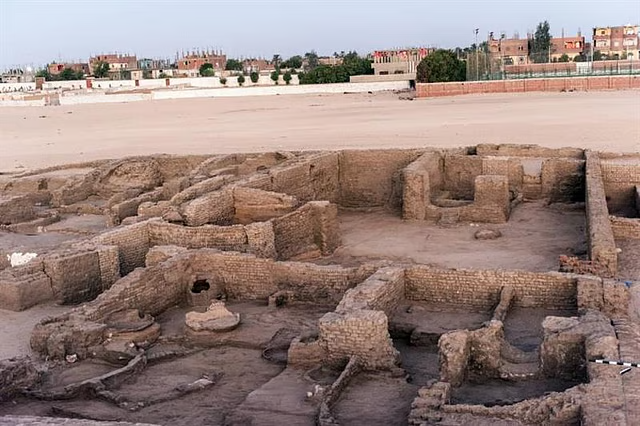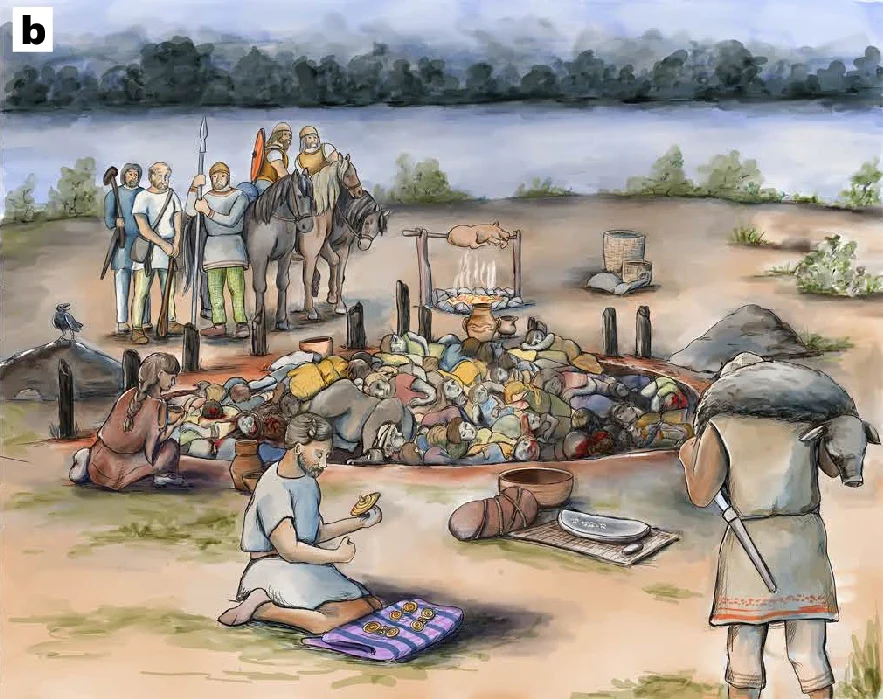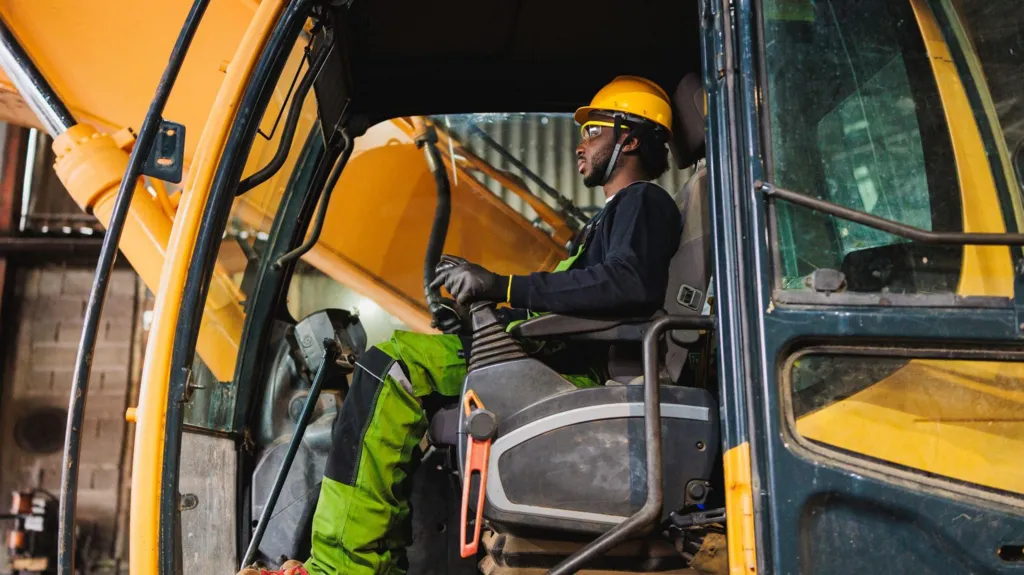In the village of Pyrgos in Cyprus, the Greek population in 2350 BC to 1850 BC had a very important industrial building of about 4000 m², where not only copper, but also olive oil, perfume, medicines, textiles, paints and wine were processed.
There was found the oldest silk in the world, older than China's, but also the first perfumery workshop in the world, laboratory of pharmaceutical preparation, evidence of processing metals with olive oil (burning oil for high temperature) which was unique in the world 1500 years before the Phoenicians and they also dyed with purple.
The area of Pyrgos is one of the most important centers of prehistory of Hellenism in Cyprus, for which the modernization and deepening of studies with innovative excavation systems and archaeometric research can provide important information about the history and development of prehistoric agricultural technologies that defined and shaped the main features of the island, and cultural identity.
Knowledge of their cultural heritage led the prehistoric people of Greece to develop systems for preserving the memory of their technological heritage, through the use of pictorial symbols and the development of original systems for transmitting historical memory. Evidence of this system is the famous "Vase of the Pyrgos" found in a tomb in Pyrgos by Pavlos Florenzos, director of the Cypriot Antiquities Authority, which uses the method of symbolism to represent the entire process of wine making.
The comparison between this pictorial evidence and the information gathered through the analysis of the content of the elements and the archeological sediment, paints a realistic picture of the environment and agricultural resources of the time, about the different systems used to benefit from the agricultural and mineral resources of the island.
In Pyrgos we have evidence of the agricultural revolution, modified from the beginning of the Bronze Age through the organization and transformation of prehistoric society of the Greeks, which was based on the relationships and balance between technology and the organization of social life which are important to the needs, resources, economic exchange and the differentiation of social and labor classes.
From the beginning of the archeological investigations of Pyrgos / Mavrorachis, it was recognized as one of the most important for the metallurgical investigations of 2000 BC in Cyprus, but also in the Mediterranean and around the world.
The strategic location of the ancient settlement between the copper deposits and the sea, at the confluence with certain rivers, was ideal for metallurgical activities and trade in the 2nd millennium BC. However, after eight years of systematic excavations, we now know that the settlement had a very important industrial building of about 4000 square meters, where not only copper, but also olive oil, perfumes, medicines, textiles, paints and wine were processed. The oldest silk in the world was found there, as well as the first perfumery workshop in the world. Evidence was found linking the processing of metals with olive oil, which is unique in the world.
This is the oldest silk found in the Mediterranean. A very small piece, 4,000 years old, brought to light by Italian researchers and it did not come from China, but from a village in Cyprus, Pyrgos.
These silk traces, found in a terracotta jar, can only be seen under a microscope, but the diagnosis of Professor Giuseppe Scala of the University of Florence is clear - they are silk fibers from the cocoon of the Lepidoptera tortrix viridens, which lived in the Aegean islands. So, it was not imported from China, where it started to be made after years, as we know, but only from the cocoon of the Bombyxmori butterfly. The silk of the Pyrgos was definitely made on the spot by people who did not know the technique of the Chinese, but learned it themselves by exploiting the cocoons.




